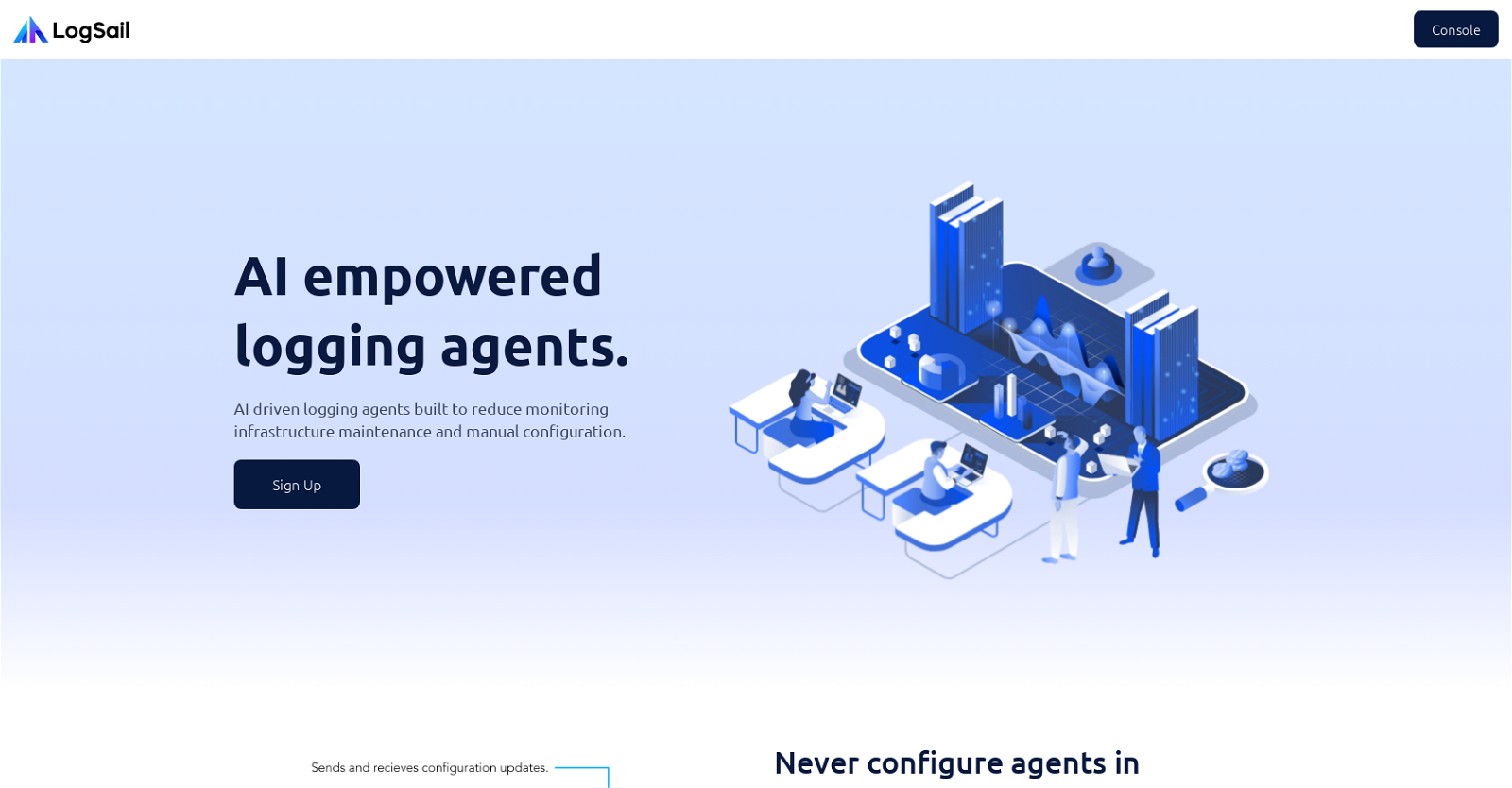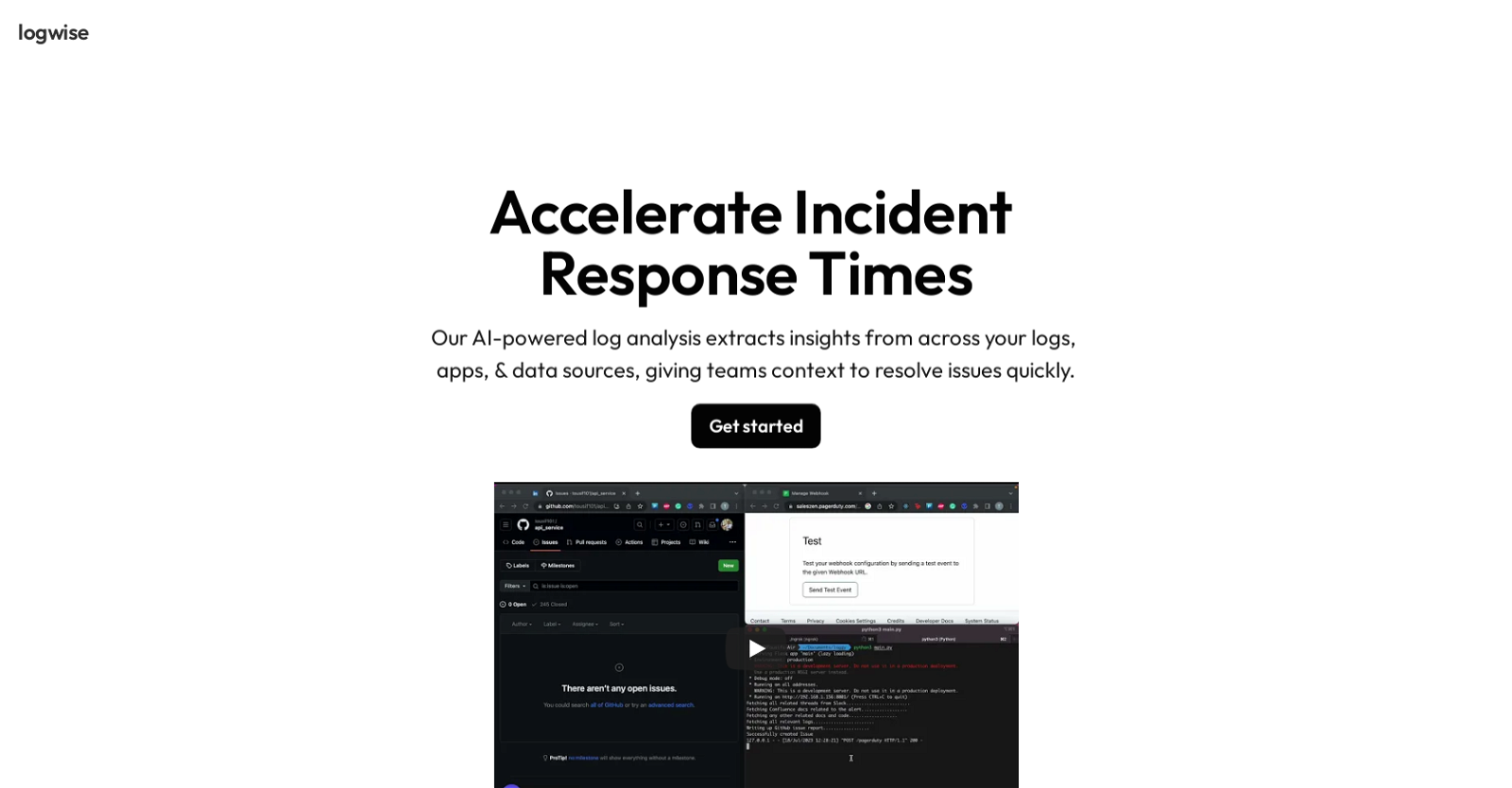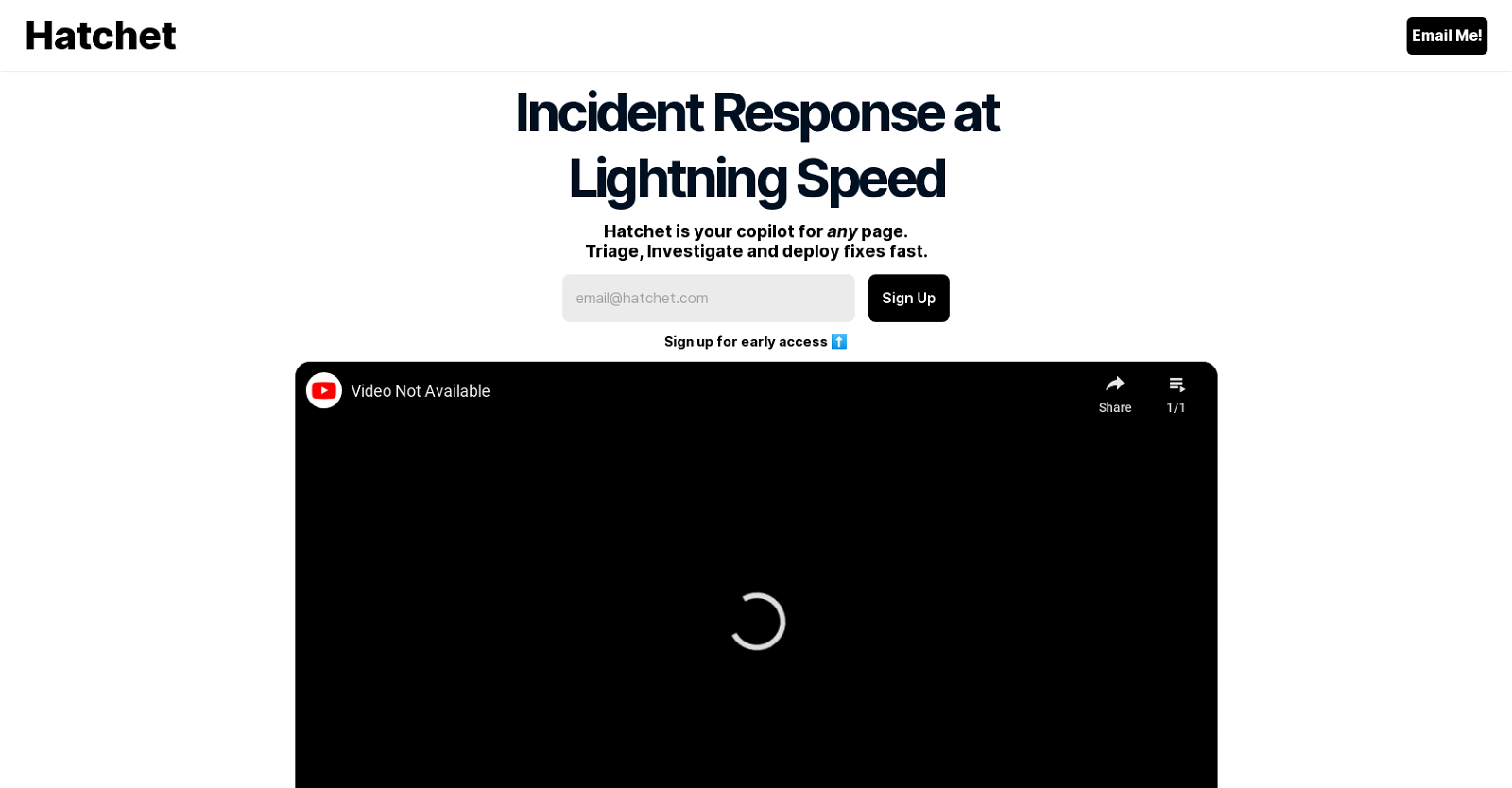Logsail
LogSail is an AI-driven logging tool that empowers users to efficiently manage and monitor their logging infrastructure. It eliminates the need for manual agent configuration by utilizing Perspicacity, a remote configuration protocol, to allow logging agents to configure themselves and receive updates in real time. This eliminates the time-consuming task of configuring agents in YAML.
The tool offers on-demand logging, allowing users to play and pause logging streams to reduce archival costs and network noise. Users can easily control logging agents via a secure API and request configuration changes for agents within inaccessible networks in real time. Additionally, agents autonomously configure themselves while discovering new log sources.
LogSail’s AI-powered agents provide quick setup and configuration, enabling users to efficiently set up logging in less than 10 minutes. It works across all remote networks and is particularly useful for IoT, cloud, and on-premise applications.
Featuring a user-friendly UI, LogSail allows users to configure log agents without touching terminal or config files. Users can build queries to search for log events across multiple hosts, containers, apps, and clouds, and pull logs from Docker, systemd, and flat files.
LogSail also integrates with Zeek, automatically discovering Zeek logs and forwarding them to its archival service with zero configuration. Users can capture traffic analysis on SSH, HTTP, and DNS traffic, and configure monitoring infrastructure easily from the UI.
With competitive pricing, LogSail offers users the ability to selectively pull logs in real time, reducing storage costs for log archival. It also provides a consolidated platform for both metrics and logs, keeping all the data in one place.



